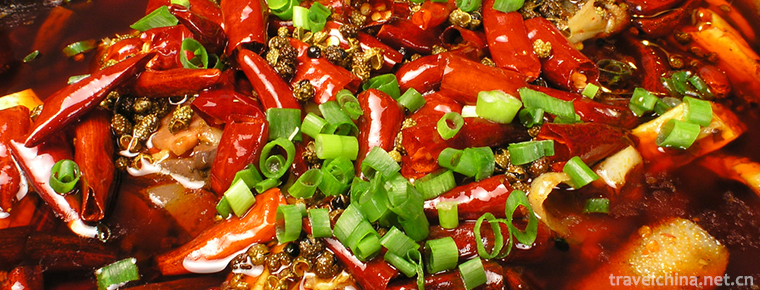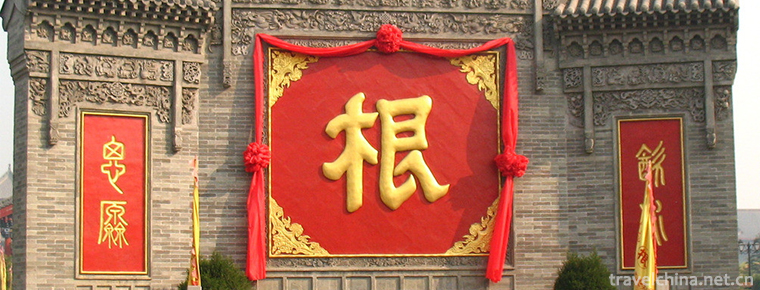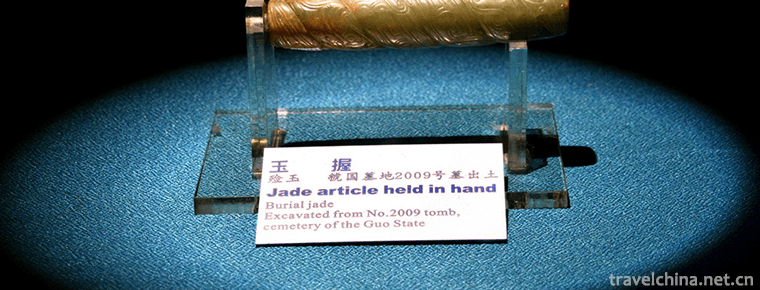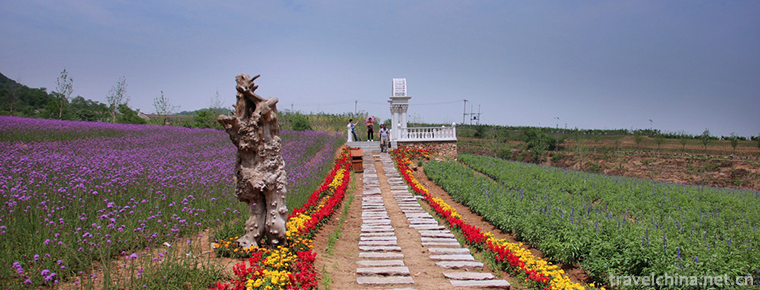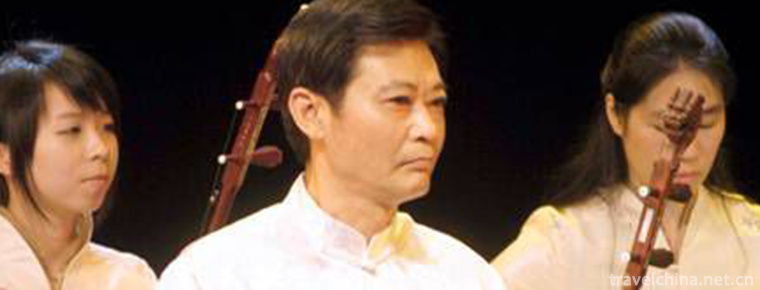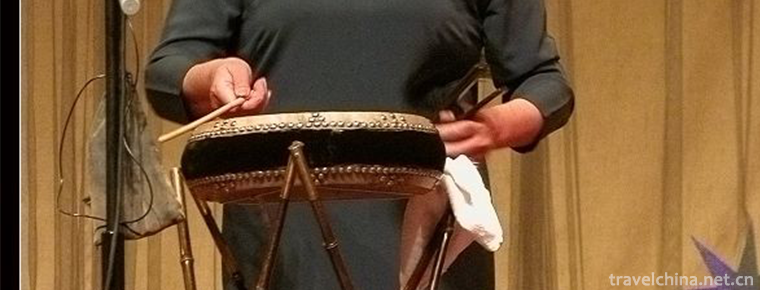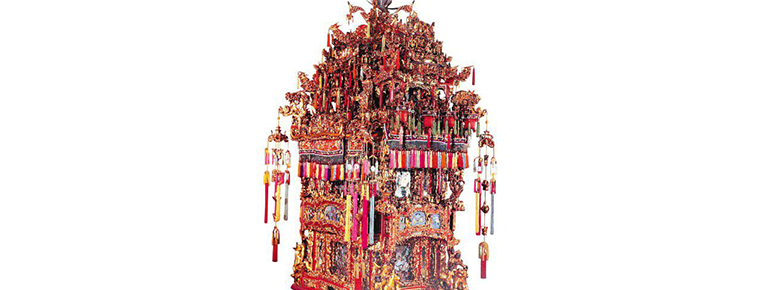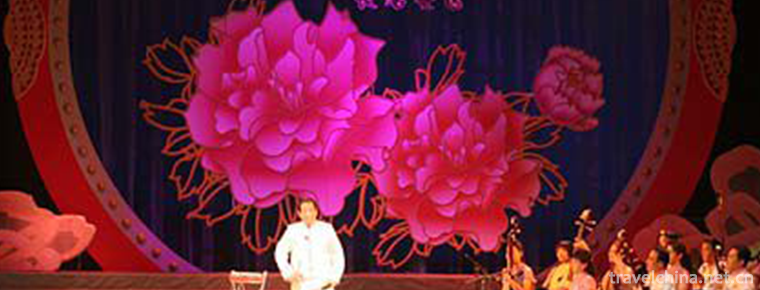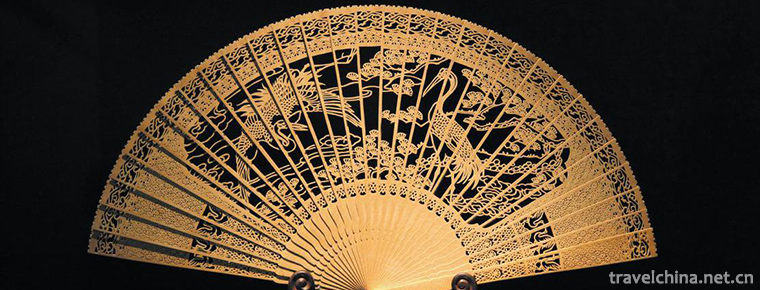Fishing Song
Fishing Song
Fishing songs are a kind of Chinese folk songs sung by fishermen in coastal areas of China and lakes and harbours. If popular in Shanwei City, Guangdong Province, collectively known as Shanwei Fishing Songs, and in Huidong, Guangdong Province, there are also fishing songs, belonging to the same kind of Shanwei City. It can be divided into deep sea and shallow sea. The former is sung by deep-sea fishermen, similar to saltwater songs, while the latter is sung by seaside fishermen and women. Usually refers to shallow water fishing songs.
On December 03, 2014, the fishing songs (Dongting Fishing Song and Shanwei Fishing Song) were listed in the fourth batch of national intangible cultural heritage list with the approval of the State Council.
artistic characteristics
Fishermen sing songs and answer each other. —— Song Fan Zhongyan's Records of Yueyang Towers
It is also called "Fisherman's Instruction". Fishermen sing folk tunes. Tang Wang Bo's "Preface to the Banquet on the Upper Sifu River" said: "All the banners are quoted together, and the fishing songs are intertwined." Xu Zhenqing's poem "Send Geng and Hui to Keep Huzhou" in the Ming Dynasty: "Maizhu frequent Laotian officials drums, fishing songs near the king's boat." Qin Huitian's poem "Yanziji" in Qing Dynasty: "Shadows of sails hang in the shadows, fishing in the twilight."
The Lyric format is generally seven-character sentences, two sentences and one song, with four or eight sentences and one song. Four sentences also start with five-character or three-character sentences. The last three words of the second or fourth sentence are often repeated with a complement or a whole sentence. The interlining words are distinctive and often used to distinguish the names of different tunes, such as "Ha-ha-xiang tune" and "Li-li tune". The tunes are lively and beautiful, such as the Guangdong Haifeng Fishing Song "Welcoming the Flower Boat to the Fishing Village". Another example is the fishing song popular in Poyang Lake, Jiangxi Province, which is sung by fishermen. The lyrics are mostly seven-character sentences, four sentences and one paragraph. The tune is mainly in the form of levying tunes. It is broad and melodious, such as the song "A net of fish and shrimp, a net of grain".
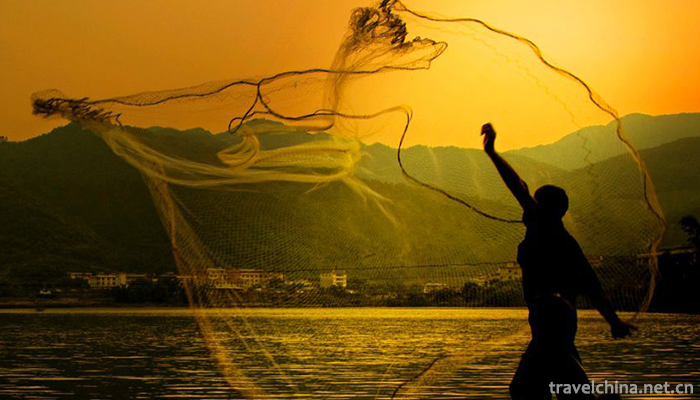
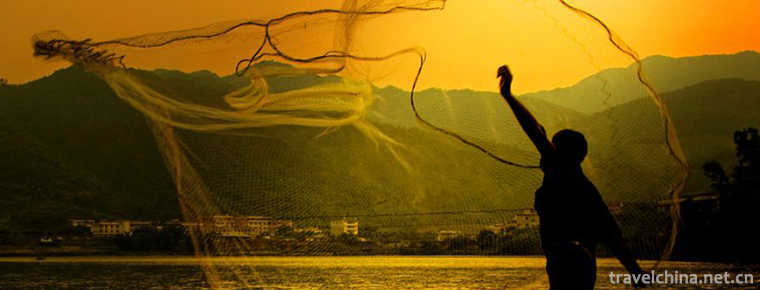
Fishing Song
-
Duck Blood in Chili Sauce
The main ingredients of hairy blood are duck blood, cooking techniques are mainly cooked, and tastes are spicy and spicy. Originated in Chongqing, popular in Chongqing and southwest China, it is a fam
Views: 457 Time 2018-10-27 -
Hongtong Dahuaishu Ancestor Memorial Garden
Located in Hongdong County, Shanxi Province, Hongdong Dahuashu ancestor-seeking scenic spot is the only national sacrificial site with the theme of "root-seeking" and "ancestor-sacrific
Views: 227 Time 2018-11-24 -
Mingyue Mountain
Mingyue Mountain: National tourist resorts, National Scenic spots, national AAAAA tourist attractions, National Forest parks, national geological parks, National Natural heritage, home of hot springs
Views: 238 Time 2018-12-08 -
Kuanguo Museum
The Kuanguo Museum is a special museum built on the site of the Kuanguo Cemetery in the Western Zhou Dynasty, a national key cultural relic protection unit. It covers an area of 100,000 square meters
Views: 221 Time 2019-01-13 -
Ziyunhuashi Lavender Manor
Ziyunhuashi Lavender Manor is located in Jinzhou New District, Dalian City, covering more than 1000 mu, growing in patches of lavender, verbena, sage, roses and other precious vanilla. Dalian's key to
Views: 240 Time 2019-03-22 -
Guangdong folk music
Taishan City, located in the southwest of the Pearl River Delta, is a famous home of overseas Chinese. Taishan's "Eight-tone Class" is one of the activities of Guangdong music
Views: 256 Time 2019-05-01 -
Story telling in Beijing dialect with drum accompaniment
Jingyun Dagu is one of the Chinese folk songs. Developed from the popular wooden drum in Cangzhou and Hejian of Hebei Province, it was formed in Beijing and Tianjin. After the introduction of Hebei wo
Views: 201 Time 2019-05-07 -
Ningbo Zhujin lacquer wood carving
Also known as "Golden Lacquer Wood Carving", it is a traditional Chinese craft. Composition features mainly draw on the advantages of Chinese folk paintings and literati landscape flowers an
Views: 175 Time 2019-06-08 -
The eldest son drum book
The eldest son drum book is the traditional art of rap and singing in Shanxi Province. Changzi County is known as the "Town of Quyi", which has a long history as well as a wide variety of Qu
Views: 423 Time 2019-07-25 -
Fan making Techniques
Suzhou Fan is a special product of Suzhou. It is famous for its elegance, delicacy and artistic characteristics. Including folding fan, sandalwood fan and silk Palace fan, collectively known as "
Views: 166 Time 2019-07-25 -
Rongxian Giant Buddha
Located in the eastern suburb of Rongxian County, Sichuan Province, the Giant Buddha of Rongxian county is carved in the Tang Dynasty. It is a cliff carved statue of Sakyamuni, 36.67 meters high, 8.76 meters long, 12.67 meters wide, 12 meters high and 3.5 meters wide. It is the world's largest Sakyamuni Buddha (Modern Buddha).
Views: 342 Time 2020-10-15 -
Yibin economy
In 2019, Yibin City will realize a GDP of 260.189 billion yuan, an increase of 8.8% over the previous year in terms of comparable prices. Among them, the added value of the primary industry was 27.764 billion yuan, an increase of 2.9%; the add
Views: 308 Time 2020-12-18
